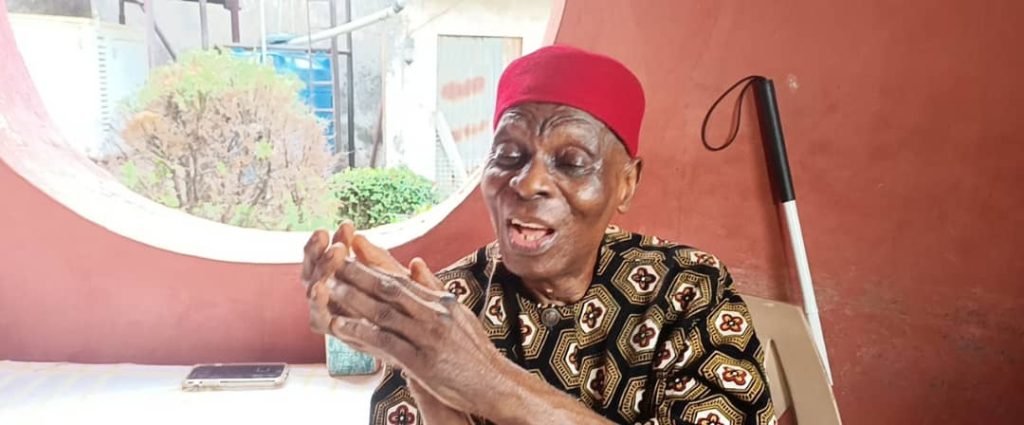Ben Ezechime, Enugu
Elder statesman and former Secretary-General of Ohanaeze Ndigbo, Chief Nduka Eya, has urged Nigerians to stop ‘demonising governors’ over Local Government Area administrative and financial autonomy.
Eya made the call while speaking with newsmen in Enugu on Sunday on various issues bordering the nation and her people.
He said that the current negative perception of Nigerians looking at the governors as the problem rocking the council areas; which is not, as the problem stems from the military’s unitary system of rule as well as the constitution.
According to him, “I was once a permanent secretary to council areas in old Anambra and I know how the council areas administration and financial system work.”
Eya, a two-time INEC Resident Electoral Commissioner, said: “To be fair to the governors, especially present governors, the present conditions of council areas are not their making.
“It started with the military unitary system of government which made council areas of no consequence and no value for decades.
“The military stopped the smooth running of council areas and dissolved it whereas the regional government of the 1960s made active use of the council or municipal area authorities to drive development to the grassroots.
“The constitution is not also helping matters. The constitution fully recognised and apportioned clear powers and responsibility to the Federal (Central); regional government (where available) and state components.
“Nowhere did the constitution make clear cut power and responsibility for the council areas. This means that the constitution leaves room for the council areas to be used at the mercy of the state or federal governments.”
On the upcoming succession plan of Ohanaeze Ndigbo, Eya called on Ohanaeze Ndigbo, the apex Igbo socio-cultural organisation, to follow a laid-down process in its constitution to rotate its leadership as spelt out.
He cautioned the present Ohanaeze leadership, led by Chief Emmanuel Iwuanyanwu, to ensure a smooth transition of power to Rivers State candidates, which is the state to produce the next Ohanaeze President-General.
“As there is remaining about six months to the end of the current leadership of Ohanaeze tenure; we urge the leadership to ensure a seamless and smooth handover following Ohanaeze’s laid-down constitution and not to plunge the respected body into any session of succession crisis,” he said.
The elder statesman explained that Ohanaeze Ndigbo is made up of seven Igbo speaking states, namely: Abia, Anambra, Delta, Ebonyi, Enugu, Imo and Rivers States.
He said that the leadership rotation turn is taken according to the alphabetic mentioning of the Igbo speaking states and now Imo State is currently occupying the President-General position.
On the lingering controversies in the ongoing reconciliatory talks/moves by Ohanaeze and the North due to the 1966 military coup, Eya said that the move was real and those denying its reality are not telling the truth.
Eya, a Commissioner for Education in the old Anambra State, said that for some years now, the move for true reconciliation between Ndigbo and the North had been in the open; adding that “it has been around for some time now.”
“However, we are concerned on how the leadership of Ohanaeze should concern itself and concentrate on settling the misunderstanding with Ndigbo internally in the Igbo speaking states as well as the ones within Ohanaeze as an organisation.
“To me, I am not opposed to reconciliation and ways to build bridges and peace across the Niger with other parts of Nigeria; just as most of our leaders have continued to work towards,” he said.

